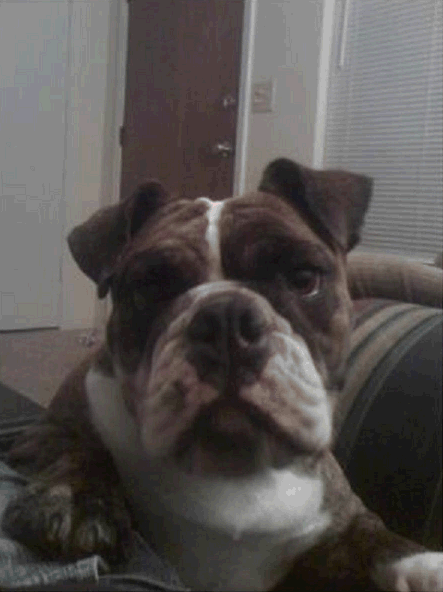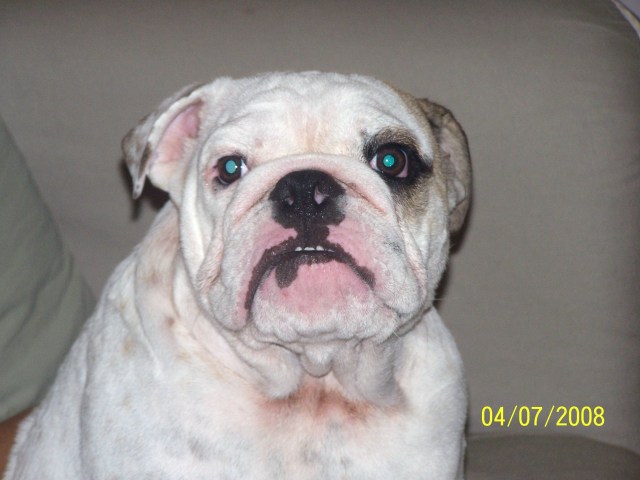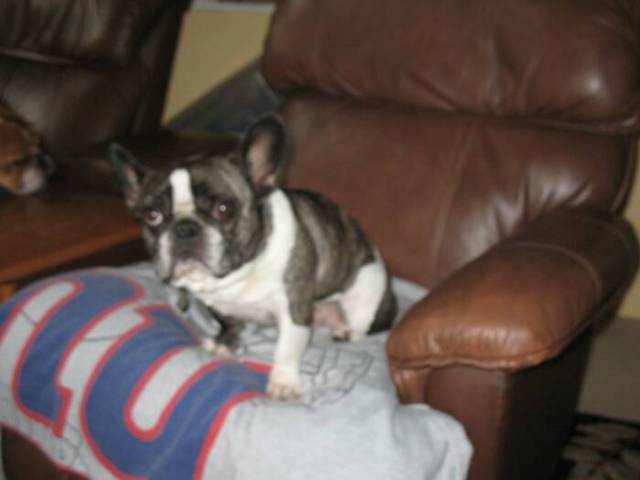QuestionQUESTION: Do you know of any natural therapies for this condition?
ANSWER: I assume you're talking about a dog, in which case the probability is that the dog is small and over-weight. If so, he will be helped by losing weight. Nutrition which promotes the growth of healthy cartilage might help - that would include glycoproteins (which are found in egg white, blood, connective tissue), glucosamine and chondroitin, calcium.
There may be other treatments which could help, depending on which trachea are affected, whether the condition is congenital, whether it is in fact a dog who is affected, his age, what caused the problem, what other conditions the animal has, and so on.
Please be sure to have your pet evaluated by a veterinarian first. It's always advisable to have a vet examine the animal in person, and for him to see the particular condition in the context of the entire dog and his history.
I don't know whether this is of any help to you, but I can't be more specific without a lot more information.
Cordially,
Susan
---------- FOLLOW-UP ----------
QUESTION: I'm sorry I'll be more specific. He is a 4 year old Pomeranian and has had this condition for a couple years now. It is a honking, inverted cough making him look like he is having much difficulty breathing. This happens when he wakes up in the morning or gets to excited or even just seems to swallow air wrong. The episode usually lasts 10 seconds to a minute. He is on a shark cartilage supplement now and has been for the last 6 months with no visible improvement (this was recommended by my holistic vet) are there any therapies you have found that help little dogs in this situation? Also, the vet told me that he is the correct weight for his size. Thanks!
AnswerFirst, I apologize for taking so long in getting back to you.
I had an Affenpinscher once who had exactly this problem. Unfortunately, it is just typical for tiny dogs who have very short muzzles. I think the problem is structural, which means there isn't much that can be done to change them.
What helped my dog, Whisky, was to lift his nose up gently to stretch his throat out. I would then stroke him from the bottom of his throat up to his chin. Run your fingers up the center of his neck and also along the sides. This seemed to help Whisky breathe more easily. If you can figure out what causes the spasms, maybe you can help avoid them.
Try and keep pollutants away from him as much as possible. Things like dust, air sprays, harsh cleaning products seem to aggravate breathing problems.
Otherwise, it seems you are doing everything that can be done, and it sounds like you have a good vet for him.
Whisky, by the way, lived to a ripe old age in spite of his breathing difficulties.
Cordially,
Susan

 crusty eyes
Questioni have a 13 week old female american bulldog an
crusty eyes
Questioni have a 13 week old female american bulldog an
 lymphoma in dogs; supplements for cancer dogs; feeding canine cancer diet;
QuestionIs this NuVet really good for lymphoma in dogs?
lymphoma in dogs; supplements for cancer dogs; feeding canine cancer diet;
QuestionIs this NuVet really good for lymphoma in dogs?
 Red spots on my english bulldog
Question
My Boy Otto Mack
My 11 month old English bulld
Red spots on my english bulldog
Question
My Boy Otto Mack
My 11 month old English bulld
 American Staffordshire with rash - very itchy!
QuestionHi Marie:
My Petey, who just turned seven is a
American Staffordshire with rash - very itchy!
QuestionHi Marie:
My Petey, who just turned seven is a
 Female Canine Incontinence
QuestionI have a 6yr old spayed female shep/collie mix
Female Canine Incontinence
QuestionI have a 6yr old spayed female shep/collie mix